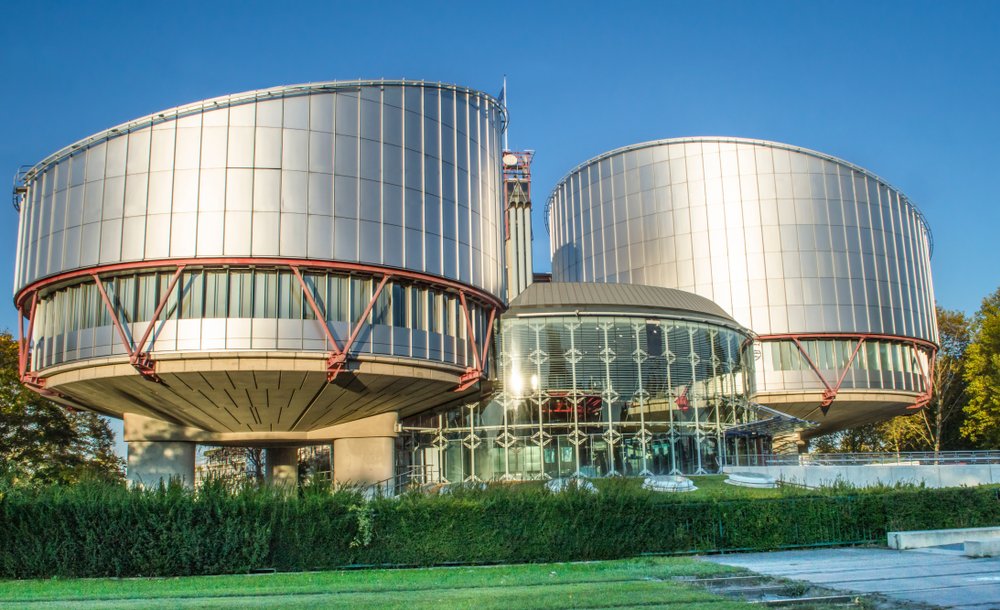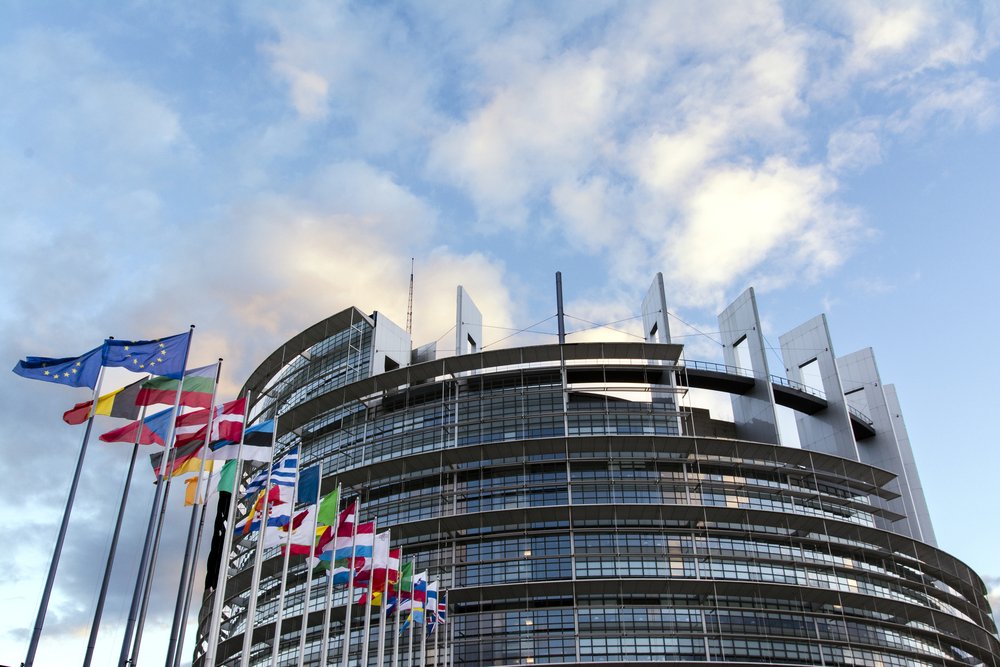
Extradition Defence Solicitor Services
We Give You The Best Defence
"The best criminal solicitors in London… the prosecution dropped all the charges!"
BSQ partner Roger Sahota is one of the UK’s leading solicitors in extradition and the field of international criminal law, and he works closely with many of the most recognised barristers in this area
Extradition is a discrete branch of criminal law based on treaty agreements with the requesting states or multilateral agreements such as the European Arrest Warrant Framework. We have acted in a number of notable extradition cases including challenges to EAW requests and Category 2 cases in the context of business and organised crime investigations. Our law firm also has links to reputable criminal lawyers internationally who can assist in forestalling extradition in the requesting state.
The NCA Comes Knocking
The extradition process often starts without warning. It is important that specialist advice is obtained at a very early stage as soon as it clear that a criminal investigation has begun. Once a request is made by the Requesting state it will be communicated to the National Crime Agency, who will then contact the Requested Person seeking their arrest or surrender. The Requested Person is the taken into custody and produced before the Westminster Magistrates Court which is home to the specialist CPS extradition casework unit and a retinue of judges specially trained to deal with these cases.
Extradition Law
The law of Extradition consists of arrangements between states for the handing over of people from one state to another in order that they may face trial or serve sentences that they have evaded. In the UK, the Extradition Act 2003 introduced new rules that govern all extradition requests. Two procedures now apply depending on whether the country requesting extradition is a category 1 or 2 state.
The fast track European Arrest Warrant framework creates a simplified procedure for category 1 cases which apply to all request between EAW member states which includes all the EU countries. A more complex procedure applies for category 2 states i.e. non EAW countries. Both procedures must be compatible with the European Convention of Human Rights.
EAW – Category 1
The EAW was introduced in 2003 to streamline extradition requests between EU member states. It was supposed to introduce a new “quick and efficient” system whereby individuals due to stand trial or serve prison sentences after conviction could be easily transferred between member states.
After a request is made at the first an extradition hearing a Judge will check that the details on the warrant were correct and, that the person before the court was really the wanted man and whether the offence for which the warrant has been issued fell within a list of EAW offences fixed by statute – the Extradition Act 2003. If so, the court is obliged to order extradition unless one of a set list of bars applies including:
Double jeopardy - this means facing proceedings for the same offence twice.
Passage of time - where so much time has passed since the original offence that it is unfair or oppressive to proceed against a defendant.
Age - where the defendant would have been under the UK age of criminal responsibility when the original offence took place.
Hostage taking - Whether an earlier extradition has already taken place from another country, consent may be needed before another extradition takes place.
Extraneous issues- this means when the proceedings in the foreign state are actually a cover for an ulterior motive, or where the person will be disadvantaged during the foreign proceedings because of that same ulterior motive, for example, racial or political victimisation.
The new EAW system removed many of the safeguards under the old law. No longer is the requesting state required to produce the evidence on which an arrest warrant had been based. Whether the evidence presented is insufficient to prosecute by our standards is now irrelevant. Avenues for an appeal were also very much reduced. It has been the subject of much criticism. In addition, the Government changed the law recently to add two new grounds for refusal – the over use of the EAW in trivial cases (see BSQ briefing) and its employment in cases where there was likely to be a long delay before trial in the requesting state.
Category 2 Cases
Extradition arrangements with non-EAW countries will vary according to the agreements between the UK and the requesting state – the UK has a treaty with special provisions with the USA, for example. In most cases, in comparison with the EAW, there is greater scope for UK courts to extradition – for example, the requesting state may be required to produce the evidence on which an arrest warrant was based so that UK courts can decide if there was sufficient evidence to prosecute (a prima facie case) and if the offence was covered by the extradition treaty and the dual criminality requirement is satisfied.
Recent Extradition Cases
The Government of India sought the extradition of Client A and his wife on fraud charges – one of a small number of such requests made by India every year. Both were represented throughout the Magistrates Court proceedings by BSQ partner Roger Sahota. Expert evidence was obtained from lawyers in India to support our submissions that the prison conditions and the fair trial arrangements there did not comply with internationally recognised standards. After two years of court proceedings, the extradition request was discharged (refused) following a contested application at Westminster Magistrates Court. The case attracted considerable media attention in India.
Client B was alleged to be a member of a South American drug cartel and implicated in the supply of Fentanyl from South America to the United States and an allegation of murder. Client B’s extradition was sought by the Government of the United States, one of a small number of such requests made by the USA every year. Expert evidence concerning the incompatibility of prison conditions and the law concerning life sentences in the USA with international human rights standards was provided to the court. BSQ partner Roger Sahota is instructed. The European Court of Human Rights has accepted our client’s complaint and his removal from the UK has been barred whilst the case proceeds.
Client C was accused of an assault said to have taken many years ago. His extradition was sought by the Government of India on an accusation warrant. BSQ partner Roger Sahota was instructed. Expert evidence from India was obtained by BSQ supporting our submissions that our client would not receive a fair trial in India and it was unfair for him to be extradited because of the irregularities surrounding his prosecution. Following proceedings that lasted over a year, the extradition request was discharged (refused) after a contested hearing before the Westminster Magistrates Court.
Domestic Extradition Requests
BSQ have also acted in many cases where the UK authorities have sought the return of individuals who faced trial or investigation in this jurisdiction. Clients A and B for example were investors in a suspected 8 defendant mortgage fraud conspiracy. The CPS sought their extradition from Australia. BSQ partner Daniel Godden was instructed. BSQ’s representations created legal impediments that delayed their extradition including threats to judicially review the CPS’s decision to prosecute applying the Full Code test. In the meantime, the criminal trial in the UK went ahead. Multiple defendants were convicted. Following Daniel’s intervention no extradition request has ever made to the Australian authorities in respect of our clients.
Latest Extradition Case News & Briefings
The level of service they provide is uncommonly good — A M
The best criminal law solicitors in London... the prosecution dropped all the charges! — L F
My experience with Berkeley Square Solicitors was fantastic. My case was resolved with in a week. — K H
My experience with the Berkeley Square Solicitors was amazing. They successfully closed my case with my best interests in mind. — J S
We did a few call enquires, and knew instantly when we spoke to BSQ that we could trust them to get the best outcome. We are very pleased with the outcome. — L F



